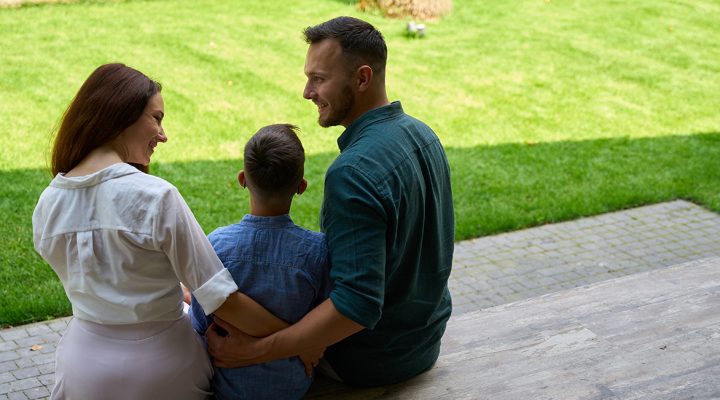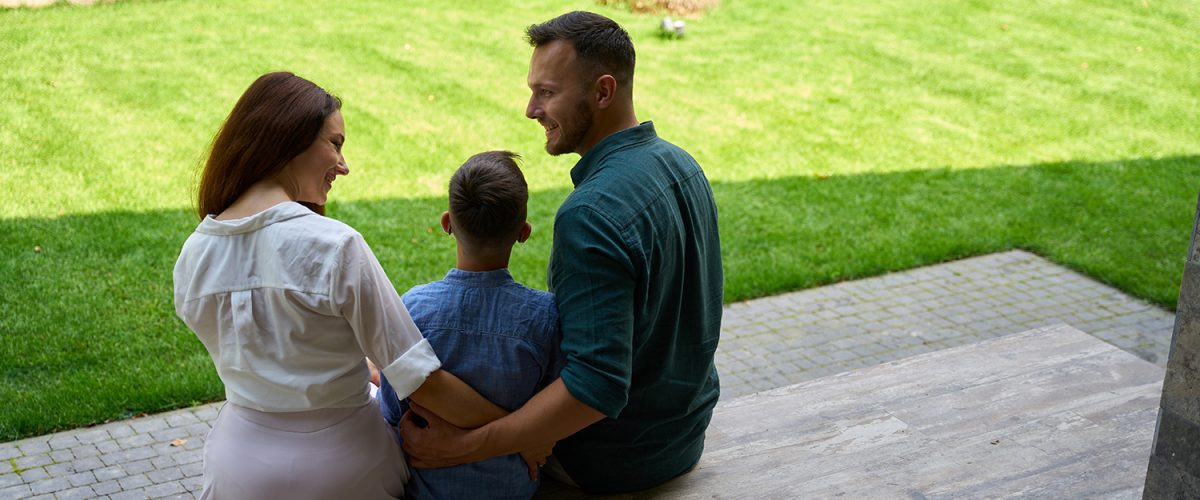Lifeline Children’s Services, a ministry co-founded decades ago by a Baptist elder and now claims to be the country’s “largest evangelical adoption and child welfare agency,” is sounding an alarm about a proposed rule from the U.S. Department of Health and Human Services regarding LGBTQ children.
The proposed rule seeks to establish guidelines for “safe and appropriate foster care placement requirements under titles IV-E and IV-B for children who identify as lesbian, gay, bisexual, transgender, queer, questioning, intersex, as well as children who are non-binary, or have non-conforming gender identity or expression.”
If enacted, the rule would require agencies to place children who identify as LGBTQ with providers who:
- “Will provide an environment free of hostility, mistreatment or abuse based on the child’s LGBTQ status.”
- “Are adequately trained to provide for the needs of the child related to the child’s sexual orientation, gender identity and expression.”
- “Will facilitate access to age-appropriate services that support the LGBTQ child.”
The rule change was announced by the Biden White House in a September fact sheet that said: “Because of family rejection and abuse, LGBTQ children are overrepresented in foster care where they face poor outcomes, including mistreatment and discrimination because of who they are.”
But the president of Lifeline, which works in 18 states across the country and 41 countries around the world, says the new rule would create a “two-tiered system” that “would bar Christians from foster care or adoptions.”

Herbie Newell
In a news release dated Nov. 30, three days after the public comment period on the rule ended, Herbie Newell claimed the rule “would discriminate against faith-based agencies and would result in fewer foster care placements, thus adversely affecting vulnerable children.”
Newell says if it is enacted, the rule would categorize agencies like Lifeline, a $15 million nonprofit, as “not being ‘safe or appropriate’ by refusing to affirm the child’s LGBTQ identity based on the agency’s religious or deeply held beliefs on marriage and family.”
Newell’s arguments echo those of the Southern Baptist Convention Ethics and Religious Liberty Commission, which says the rule “targets faith-based providers,” and of 19 state attorneys general who claim the new rule would “remove faith-based providers from the foster care system if they will not conform their religious beliefs on sexual orientation and gender identity.”
The ERLC says the rule “discriminates against religious providers and limits foster care options, harming children in need.”
“This proposed rulemaking discriminates against religious and faith-based foster care providers by forcing such organizations to choose between their deeply held convictions and their desire to live out their faith by caring for some of the most vulnerable children in our society,” the ERLC said. “Affirming a child’s LGBTQ identity should not be a prerequisite for providing a safe, nurturing environment.”
More than 30% of children in the foster care system identify as LGBTQ, the ERLC noted. “By taking away a huge swath of parents who are ready and able to provide loving homes and quality care, these children will both be forced to wait longer for permanent placement and will be placed in homes that may push them toward dangerous gender transition services and procedures at a time that these children are particularly vulnerable.”
The state attorneys general argue the rule violates freedom of religion because those unwilling to support LGBTQ foster children “would be excluded from providing care to as many as one-third of foster children ages 12 to 21.”
But an editorial in the St. Louis Post-Dispatch said such claims are “misleading and inflammatory.”
“The proposed rule doesn’t require all foster parents to be accepting of LGBTQ kids, just those foster parents who want to be approved to care for such kids,” said the editorial. The column also clarified that the rule does “not require that every provider become designated as a safe and appropriate placement for LGBTQ children.”
In an interview, Lifeline’s Herbie Newell said the rule was “not the end of world” but called it “a very calculated step to basically tell foster parents and adoptive parents engaged with child welfare that their home is no longer a private space, but a public space.”
Newell said the rule could preclude Lifeline families from working with LGBTQ children while allowing them to continue serving non-LGBTQ youth. But he worries the rule would discourage evangelical Christians who hold to a “biblical worldview” on gender and sexuality.
Lifeline, which emerged from the evangelical anti-abortion movement of the 1970s, was founded in Birmingham, Ala., in 1981 by John Carr, an elder and deacon at McElwain Baptist Church and Wales Goebel, an elder at Briarwood Presbyterian Church.
Its mission is “to equip the body of Christ to manifest the gospel to vulnerable children,” and it says it has helped 10,000 children.
Newell, who has been with Lifeline 20 years, said Carr insisted on not only fighting abortion and helping babies be born but also “walking alongside” mothers to help them and their children thrive.
Lifeline now has five primary ministries:
- Pregnancy ministry that helps women facing unplanned pregnancies “make the best life choices,” whether that is raising the child or seeking adoption or interim care.
- Adoption ministry that places children in Christian two-parent homes where they will be cared for physically and ministered to spiritually.
- Family reunification, which seeks to bring together families with children who were removed involuntarily.
- Global orphan care in 41 countries, including 18 countries that allow international adoptions.
- Counseling and education that helps families prepare for adopting or serving as foster parents.


